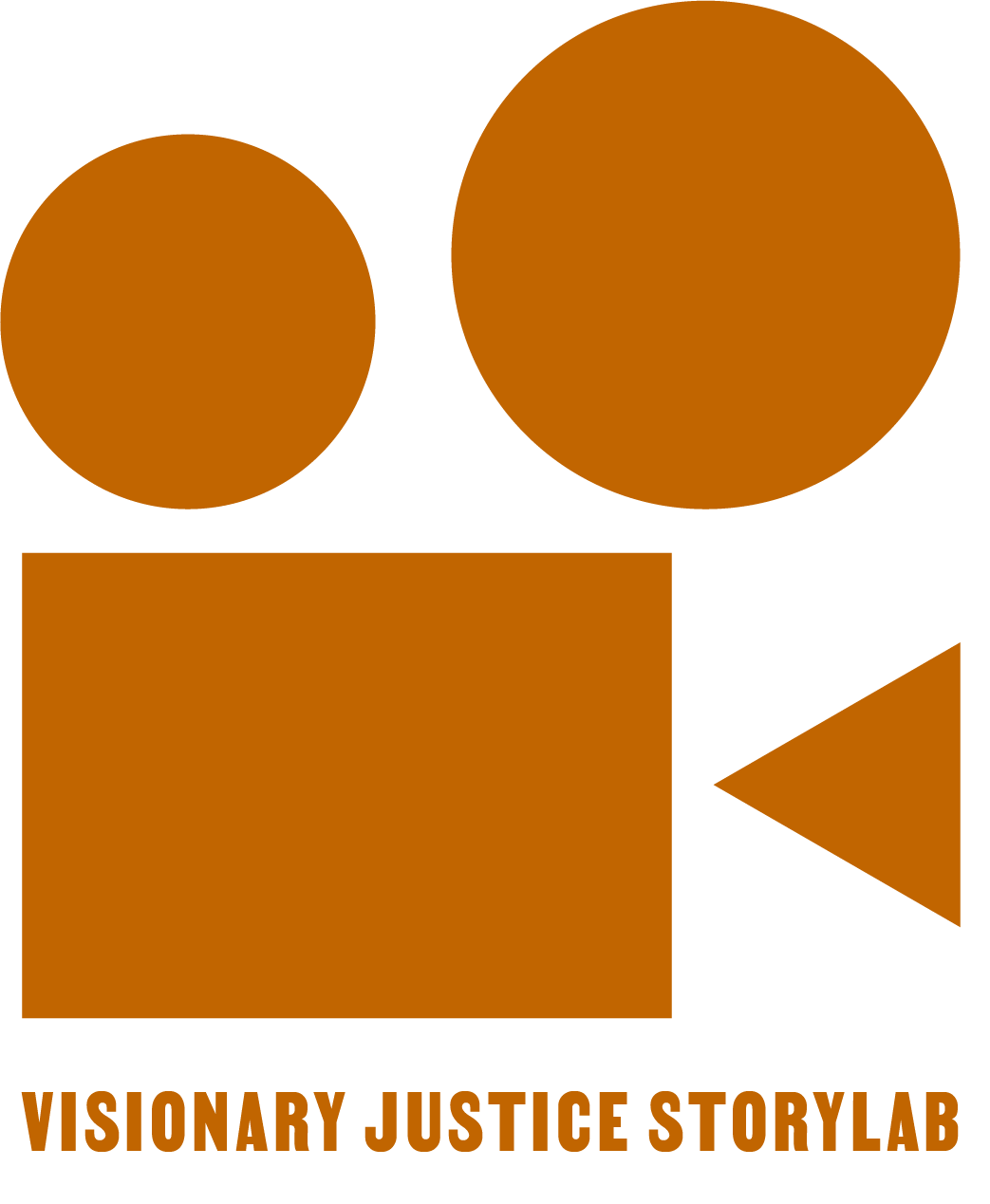Casting Community
By Safae Lahgazi Alaoui
An excerpt of the casting call.
I wrote a lot about the characters Aisha & Khadija in the past two years. They were my heroines in an imaginary web series rife with the adventures of teenage Muslim girls. Through Visionary Justice Storylab I got the opportunity to show their coming of age story in my short film. The script came to me quickly, as if it had been waiting for this opportunity. I wrote out two more characters who either hinder or guide the protagonists' plans to discover themselves. Then the casting process began. I immediately struggled to define the casting call-- realizing that I was more intent on actors being connected to an experience rather than looking for a certain race or ethnicity. This was because I was beginning to feel insecure about the authenticity of my own story. Was I really resisting narratives of erasure?
There were two layers to this, one is that I firmly believe that you cannot “act” culture. It is one of the few elements of film that you cannot create with lights and costume. It has to be real and I was not about to create an Abed from Community situation (a South Asian man pretending to be Arab). I had seen so many inaccurate representations of my community and somehow I took on the burden of rectifying this in a few short minutes of my film.
The second layer is more personal. I felt strangley guilty for not being connected to an African or Arab Muslim community around Atlanta that I could connect with for this film. Especially when casting the mother character, who must be authentic! She needs to be able to represent the mother country, why do we put the burden of upholding entire nationalities on our mothers ? Either way, all the Moroccan aunties I know are back home and even if we were geographically close, would they want to be in THIS film?
I expressed this concern to Zia Mohajerjasbi during a mentorship call organized through VJS. He encouraged me to lean in to this fear and the wisdom it might have to offer me. I took his advice and me and my inner child collaborated heavily on this film. I didn’t grow up in a religious community, I grew up in a culturally conservative community in a Muslim country. I had the privilege of going to the U.S. for college, but I made the difficult decision to not return to Ifrane, Morocco. I had to leave my community to become who I am. I never had the chance to reconcile my identity with the community that raised me, I just left. In the story of Aisha & Khadija, I went back. My inner child reminded me what it was like to have my agency restricted by age, naivete, and slut-shaming. She also reminded me of the first awe of discovering myself in the world and detaching myself from narratives forced upon me. I rediscovered the struggle of searching for belonging and realized I have come a long way in defining belonging for myself.
The casting calls went on and eventually I reached out to friends and community folks to be in my film. All the while wondering if I represented my community accurately. After the film shoot I looked at the footage and cringed a little at the way some Arabic words were pronounced. Then after a meditation I had a thought that shifted this fear for me… It wasn’t the lack of connection to my birth community that was showing in my film, it was the beauty of my chosen community that was shining through.
This was the lesson for me: the people I know and love are my chosen community, they are queer, they are Black, they are North African, they are artists, they are visionaries, they are femmes, they are online, and they are part of the multitudes that make me.
This is the world I yearned to introduce to Aisha and Khadija, where you can decide which values & people you belong to and this does not mean erasing your origins. I now see the value of Miliaku, who played Salma’s character, insisting on keeping some of the Arabic lines for her role. She affirmed that my culture and self are valued by my chosen community. I aim to belong to a place where my origins are expanded, healed, and respected and that is how I resist narratives of erasure. I resist narratives of erasure by allowing myself to represent my community in multitudes.

